Some of the most dangerous pests you’ll run into are also some of the most common. Unfortunately, while there may not be a surefire way to eliminate the problems that can spread diseases or lead to severe symptoms, there are ways to fight against bites and stings, as well as the illnesses they might bring.
Learning to combat these threatening animals and insects in an SHTF scenario can help save your life. You likely won’t have as much access to the resources that would help you or your family fight the infections or illnesses they can bring. Here are some of the most important pests you should look for, whether they’re dangerous themselves or spread life-threatening diseases.
1. Flies and Mosquitoes
While flies and mosquitoes are normally just irritating, they could spread several diseases, all depending on where you are. Mosquitoes alone can carry dangerous illnesses, like the Zika virus or malaria. Unfortunately, you can never really detect which mosquito or fly is infected with bacteria or a virus, so you should take precautions no matter where you are.
Mosquitoes and flies spread bacteria through their bites. When you’re outside and these pests are prevalent, you need to take measures to protect yourself and your loved ones. Wearing thick, long sleeves can make you look less like a target to these insects. If you’ve found evidence of them indoors, throw away anything with standing water — that’s where mosquitoes love to lay their eggs.
What to Do
Usually, insect repellent will be enough to keep flies and mosquitoes away from you for a time. Remember that flies can bite through lightweight clothing, so if you anticipate being outdoors for a long time, you must ensure your clothing is thick enough to help you resist these pests. When adventuring, stick to marked paths, as there may be swarms of flies, gnats or mosquitoes in another direction.
You need to monitor your symptoms if you get a bite from one of these buzzing insects. The most severe reactions can occur in people who haven’t been bitten by a certain species before. While it might be rare to contract something from a bite, you need to keep your eyes open for any worsening condition.
Thoroughly wash the bite with soap and water. Then, create a paste of baking soda and water, and apply it to the area. After about ten minutes, wash off the paste. You can follow up with a histamine cream to ensure you won’t be itching after the bite. If you don’t have the cream on hand, use a cold compress to take some of the itch out.
Earn Your Food Independence NOW!
2. Giant Japanese Hornet
You may have heard about these pests before, thanks to their nickname of “murder hornet.” Though the name sounds like fearmongering, these pests are pretty terrifying, especially since they’re around two inches long. While just one sting from a Giant Japanese Hornet can kill a human being, it isn’t very common. Still, you should take care whenever planning to handle these pests, as they won’t hesitate to sting when agitated and their stingers can pierce even thick beekeepers’ clothes.
Other wasps and bees can also be pests. You’ll find them worldwide, but you often don’t need to do much about them unless they build a hive in your home. They can cause damage to properties if left untreated, and a sting from one might cause an allergic reaction or an asthma flare-up. Always know what your group is at risk for.
What to Do
If you’re bugging out in an area where Giant Japanese Hornets have been sighted or seem to be prevalent, try to make yourself look less attractive. Wear less perfume while traveling, and make sure you handle your food and beverages properly. Always cover them up when you’re not actively consuming them and dispose of them as regulations say.
Do your best to not swat at a Giant Japanese Hornet if you come face to face with one. To avoid a swarm, try to get inside or dive into a bush to make it more difficult for the insects to get to you. They don’t typically attack humans, but you should always take measures to feel safe.
You may not feel like you need medical attention after a sting, but if it’s available, consider getting checked out. When treating your sting, you likely won’t have any stinger to pull out. Just wash the affected area with soap and water, and monitor yourself for signs of allergic reactions.
3. Unwanted Rodents
While some people keep mice as pets, you may also notice some rodents wandering around all the places you travel. You might even be aware of rats or mice in your own home. Though rodents might seem more harmless than insects, they can spread over 35 diseases to you, your family and any traveling companions. You can contract these diseases by handling a rodent’s waste or even by holding the rodent itself. They carry fleas, ticks and mites that can transfer to humans.
You may not always see rodents out and about in your home. However, you’ll be able to see the signs — you’ll likely see rodent droppings first, as well as gnaw marks or leftover crumbs. When you find these remnants of rodents, you need to deal with them immediately. Otherwise, you risk contracting diseases like leptospirosis — which can lead to kidney damage or meningitis — or rat-bite fever, which can be fatal.
What to Do
When living or traveling in an RV, make sure to proof your vehicle against mice. Even something as simple as scattering moth balls might be enough to repel rodents. Of course, you can always dispose of the trash efficiently and take the rodents’ essentials away. That way, they may feel more inclined to move to another space with more accessible resources.
Luckily, rat bites are easy to treat at home. Unless you have an allergic reaction, you can find everything you need to help you in your first-aid kit. Wash the affected area thoroughly and cover it with an antibiotic ointment. Put a clean bandage over the wound and check on it periodically to ensure it’s healing.
You’ll know whether you’ve contracted rat-bite fever by monitoring your wound and looking out for any red or purple bumps, among other symptoms like joint pain and swollen lymph nodes. Get to a medical professional as soon as you’re able to, as rat bites can turn into bad infections even when you may not have contracted an illness.
4. Cockroaches
Many people might think cockroaches aren’t a big deal. They can invade older homes just as easily as places that aren’t taken care of well, but they should still be dealt with as soon as you spot them. Cockroaches can be a health risk to humans who live in the home since they can carry bacteria that lead to infections like salmonella and E. coli. These pests can also contribute to asthma attacks, making them a hazard for just about anyone in the home.
The bad thing is cockroaches are resilient to just about everything. You’ll want to be careful when handling anything to do with roaches, whether it’s their droppings or the pests themselves. Deal with any household issues that let them feel at home — fix any leaks that could lead to standing water and get rid of any crumbs or open containers that could offer them a feast.
What to Do
You can’t always prevent cockroaches, but you can minimize the likelihood of them showing up in your home. When you clean regularly by sweeping and mopping, you’ll be less likely to see roaches running around your house. You should also ensure your trash can lids have a seal and can’t easily be accessed by pests. Keeping your home clean and not letting mess accumulate can reduce your chances of running into cockroaches.
5. Scorpion
If you’ve been camping all around the United States, you’ve probably seen a scorpion before. They can be small or large, and you might find them in newer houses due to a nest potentially being disturbed during building. They may also hide in the brush, which can be a major hazard if your group plans to camp outdoors that night.
Keep track of the people in your traveling party — older adults and young children are some of the people most susceptible to severe complications from a scorpion sting. Luckily, only one species of scorpion found in the Southwestern United States — the Bark Scorpion — is dangerous enough to lead to severe symptoms or a fatality. Be on the lookout for scorpion sting symptoms to ensure they don’t worsen. Pain and numbness are typical of most stings, but severe symptoms might include unusual movements or difficulty breathing.
What to Do
If you see a scorpion near your campsite, try to remove it using an empty container. Make sure you wear some sort of thick covering like gloves to protect your skin from a sting. Even if you’re not at risk for severe symptoms, a sting still hurts and can cause swelling.
Before you settle in for the evening, clear your campsite of any brush that could conceal small creatures. Ensure everyone has their prescription medication handy just in case a scorpion does show up. Since about two-thirds of Americans have prescription medication, you should make it a packing priority. If severe symptoms develop, find a medical professional right away.
Prepare for Pests and You’ll Help Everyone
You need to know what to do when you encounter pests when you’re prepping for or in an SHTF scenario. Even though you might want to ignore some insects and other problem animals, they could pose serious health risks to your family. No matter where you go together, learn how to be vigilant and deal with threats before they come.


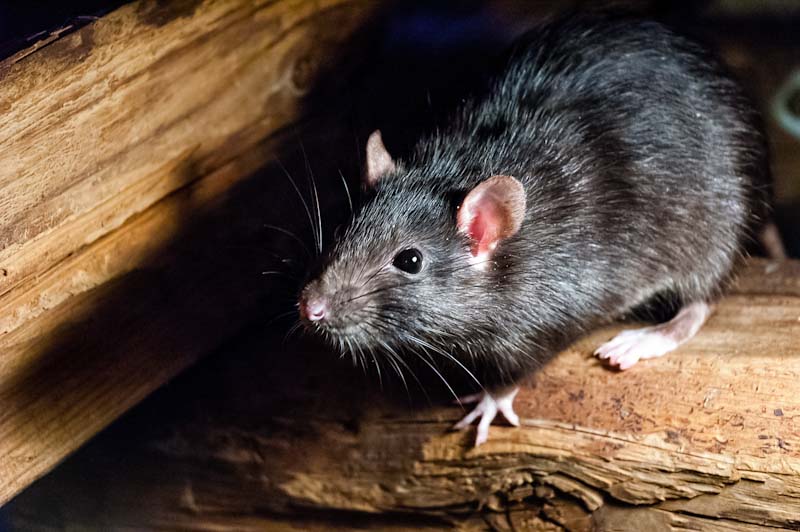

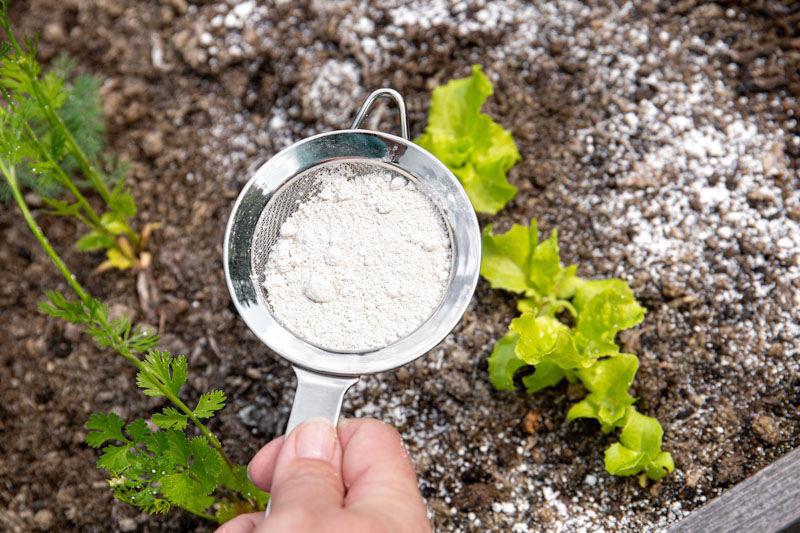
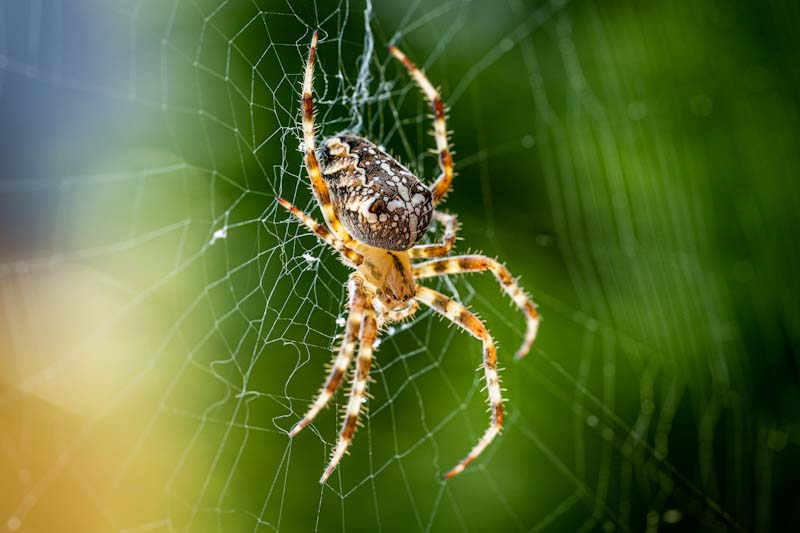
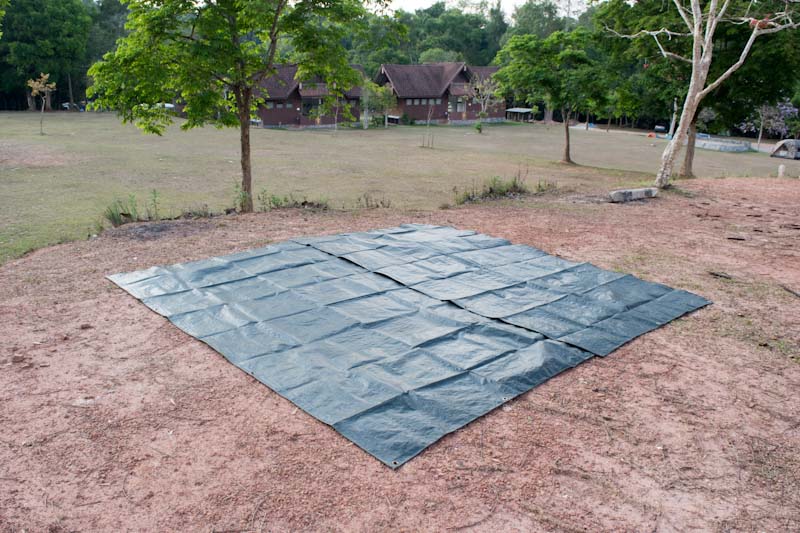
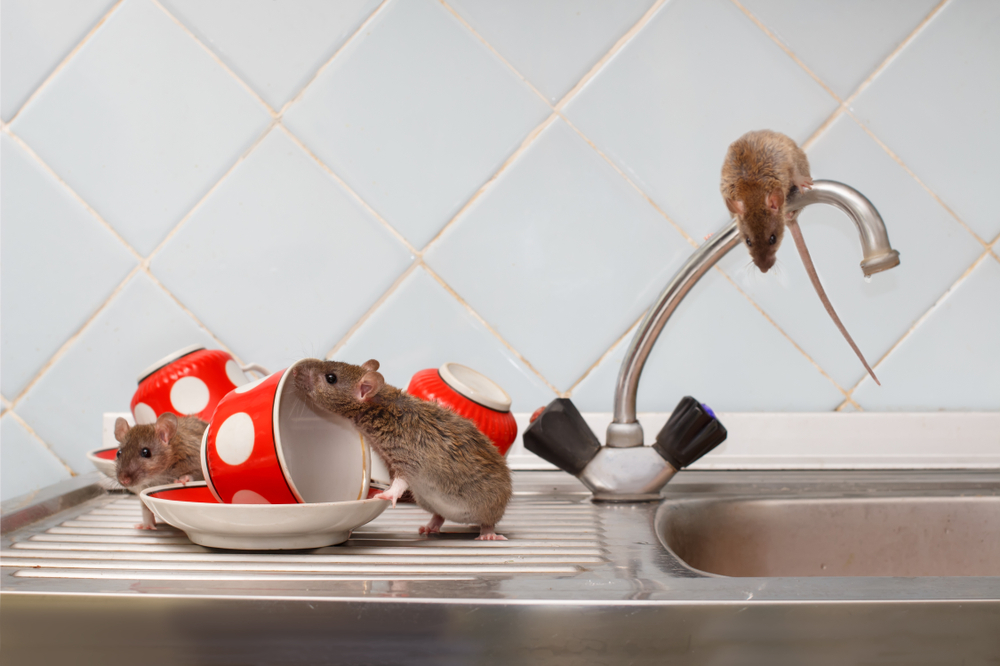


Shaun | March 16, 2023
|
I have seen the “murder hornets up close, and YES they can be scary. And I agree with the idea of trying to avoid them in the first place, and I think most people who spend any time in the field know to NOT wear perfumes and such, for lots of reasons besides these creatures. Not just wearing less, but not wearing any.
It occurs to me that if WE can get into a bush, it’s unlikely to deter a flying bug. Inside any type of contained object, be it a tent or building, yes, makes sense.
I can’t help but wonder if typical bug repellents, such as the old “deet” products might also dissuade them from approaching?
I liked most of the other suggestions here, thanks. Rodents in particular can really wreak havoc with humans, and can be tough to avoid in places we aren’t accustomed to spending our time considering them. And they can squeeeeeze thru some of the tiniest places, making it tough to keep them out. I saw one manage to get though a hole drilled in a stud wall for electrical wiring (romex). Couldn’t believe what I was seeing, but yep.
At home, we are likely to be SORT of used to controlling or eradicating them, but traveling is another story.
Thanks for posting this!
Wayne R Saylor | March 22, 2023
|
If push comes to shove can a person eat a rat or mice safely.
Jacqueline Rodzinski | April 25, 2024
|
Yes, Wayne! I’ve read they are quite good… People say they taste like chicken! L O L! Many blessings to you, Jackie
Frank C. | March 23, 2023
|
I don’t know where you live, but is the south East. Not many ‘Nats’ but we do have “Chiggers.” These little bastards mite like mosquitoes and burrow under the skin to lay their eggs.
I have heard several ways to deal with the after math, and some ideas to block them from biting. But, none of them is 100%. Nail polish on the bites? more skin irritation, is not helpful.
Living in the country of Tennessee, is beautiful. But, going into the woods, without protection… Bad idea.
Jacqueline Rodzinski | April 25, 2024
|
I have heard that holding a cigarette close to the bite where the chigger has laid his eggs or is in the process there, will cause him to withdraw. I thank God I I’ve never had the problem as I live in the north. Many blessings to you, Frank.!
Lisa Garriepy | April 25, 2023
|
Surprised that Ticks are not listed. ♀️
Jacqueline Rodzinski | April 25, 2024
|
I agree with you. Ticks are a big problem and they carry many diseases, including the plague. It is important to watch regularly and check your body for these insects. You may engage the help of a partner in the activity. There are bonuses to that… Many many blessings to you, Jackie
Jacqueline Rodzinski | April 25, 2024
|
Some of these murder hornets admit a chemical which causes the rest of the swarm to attack you. Placing boric acid in areas where cockroaches live.(they like refrigerators and stoves because they are warm they make their nests there) kills by making them believe out through their gastrointestinal tract. The best part is that if they get it on their little feet, they track it back to their nest. I remember reading once where somebody in the prison camp bread cockroaches to select for their size so that they can use them as a food source believe it or not they’re actually clean insects. God willing none of us will ever be in the situation where we have to eat cockroaches at least they are plentiful! I wish somebody would tell us what to do about rats. Chickens attract rats when we had chickens we were swarmed with rats.. and please don’t suggest getting a cat. I have yet to see a cat hunt a rodent for anything besides entertainment. I hope all of you remain well and never faced with situations as challenging and difficult as the ones discussed in this article. Many blessings to you all Jackie.